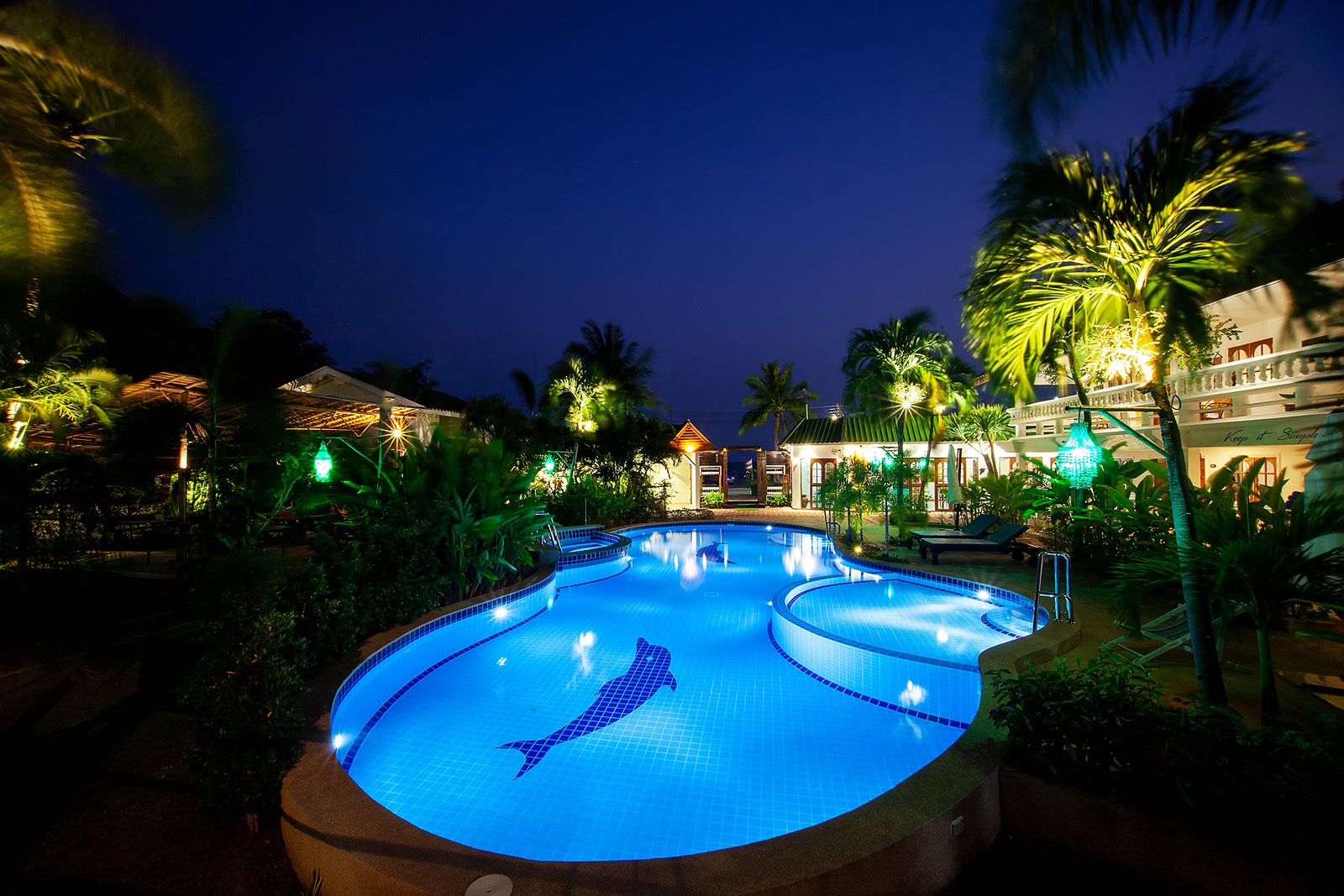
Addiction to painkillers
Become one with your family
Comprehensive Painkiller Addiction Treatment – Your Path to Recovery
Why Thailand Has Become a Leading Destination for Painkiller Addiction Recovery
Overcoming Painkiller Addiction with Expert Care
Painkiller addiction is a serious and growing issue that affects millions of people worldwide. Often beginning with a legitimate prescription, the misuse of painkillers can quickly lead to dependence and addiction. If you or a loved one is struggling with addiction to painkillers, seeking professional treatment is crucial. This article explores the importance of painkiller addiction treatment and how it can help you reclaim your life.
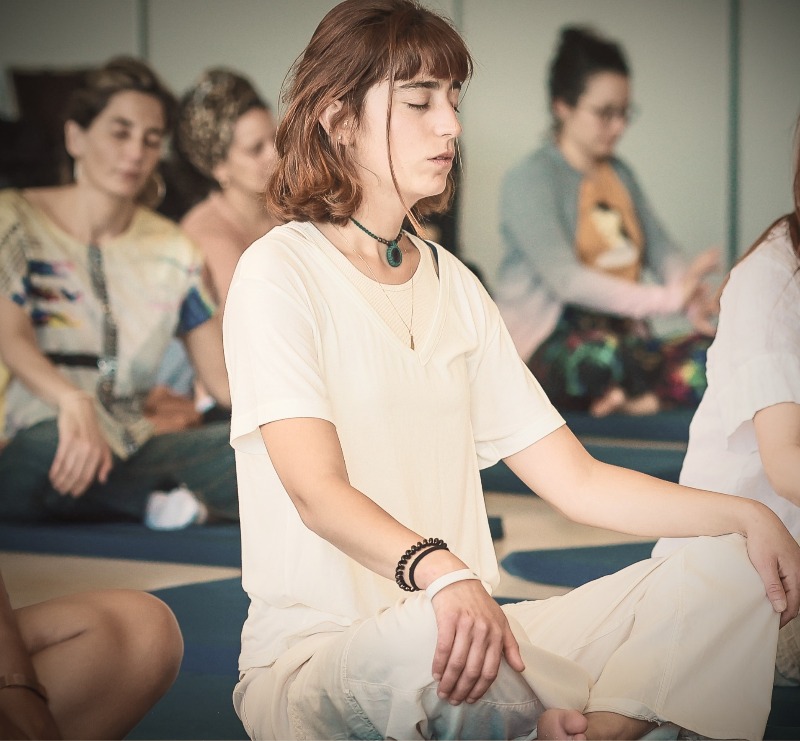
Understanding Painkiller Addiction
Addiction to painkillers, particularly opioid painkillers, can develop quickly, even when taken as prescribed. Over time, the body builds a tolerance, leading individuals to increase their dosage, which can result in dependence. Painkiller addiction is not just a physical dependence; it also involves psychological and emotional challenges that require comprehensive treatment.
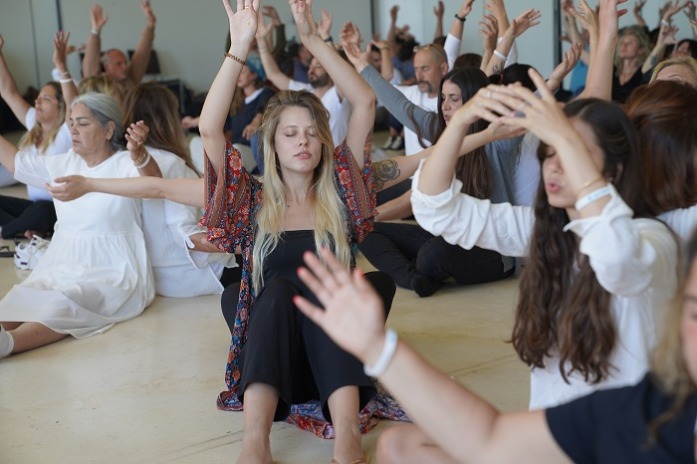
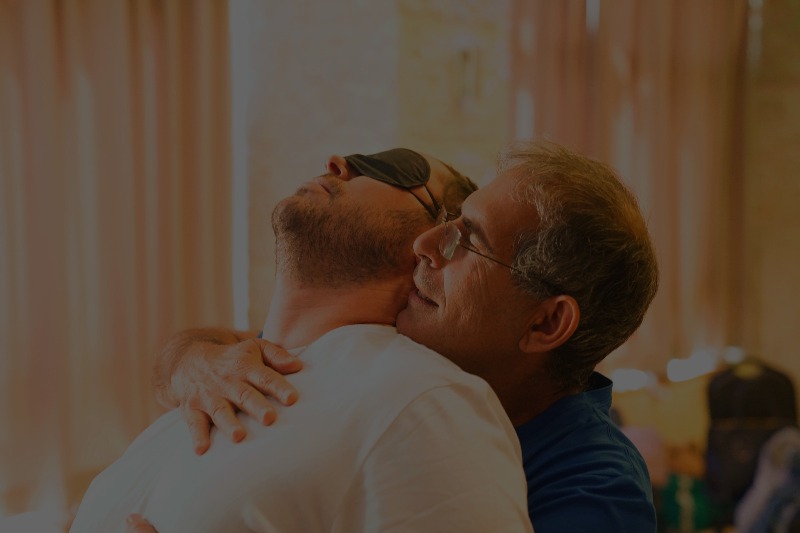
Painkiller Addiction Treatment: What to Expect
Effective painkiller addiction treatment involves a combination of medical detox, therapy, and ongoing support. Here’s what you can expect from a comprehensive painkiller recovery program:
Effective painkiller addiction treatment involves a combination of medical detox, therapy, and ongoing support. Here’s what you can expect from a comprehensive painkiller recovery program:
- Painkiller Detox Program: Detoxification is the first step in overcoming painkiller addiction. A medically supervised painkiller detox program ensures that the process is safe and comfortable, managing withdrawal symptoms and helping the body cleanse itself of the drugs.
- Inpatient Painkiller Rehab: For those with severe addiction, inpatient painkiller rehab provides a structured and supportive environment where individuals can focus entirely on their recovery. Inpatient programs offer 24/7 care, including medical supervision, therapy sessions, and group support, ensuring that patients receive continuous care throughout their stay.
- Holistic Painkiller Addiction Treatment: Many rehab centers incorporate holistic therapies into their painkiller addiction treatment programs. These may include yoga, meditation, acupuncture, and nutritional counseling, all designed to promote overall well-being and help individuals reconnect with their bodies and minds.
- Painkiller Addiction Counseling: Therapy is a crucial component of painkiller addiction treatment. Through individual counseling, group therapy, and cognitive-behavioral therapy (CBT), patients explore the underlying causes of their addiction, develop coping strategies, and build a support network for lasting recovery.
- Painkiller Detoxification: Detoxification is not just about clearing the body of drugs; it’s also about preparing the mind for recovery. Painkiller detoxification programs often include psychological support to help patients manage the emotional challenges of withdrawal and start the healing process.
Long-Term Recovery from Painkillers
Recovery from painkiller addiction doesn’t end when treatment is complete. Long-term success requires ongoing support and aftercare. Painkiller recovery programs often include aftercare services such as continued counseling, support groups, and access to resources that help individuals maintain their sobriety and prevent relapse.

Painkiller Addiction Support: Building a Strong Foundation
Support is critical in the journey to overcome painkiller addiction. Whether through family, friends, or a support group, having a strong network of people who understand your challenges can make all the difference. Painkiller addiction support groups provide a space where individuals can share their experiences, gain insights from others, and build the confidence needed to stay on the path to recovery.
Integrating the 12-Step Program in Painkiller Addiction Recovery
The 12-step program is a cornerstone in many painkiller addiction recovery plans, providing a structured framework that has helped millions achieve and maintain sobriety. This approach focuses on self-awareness, acceptance, and spiritual growth, guiding individuals through the process of acknowledging their addiction, making amends, and building a healthier life. By integrating the 12-step program into painkiller addiction treatment, patients gain access to a supportive community where they can share experiences, receive encouragement, and develop the resilience needed for long-term recovery. The program’s emphasis on accountability and personal responsibility is particularly effective in helping individuals stay committed to their recovery journey.
Take the First Step Toward Painkiller Addiction Recovery
Addiction to painkillers can be overwhelming, but it’s important to remember that recovery is possible. By seeking professional painkiller addiction treatment, you can begin the journey to reclaim your life and build a future free from dependence. Whether you choose an inpatient painkiller rehab, a holistic treatment approach, or ongoing counseling, taking that first step is the key to long-term recovery. Don’t wait—explore your options and start your path to recovery today.
contact us
Anonymous Email: You can send an email without revealing your identity by using an anonymous email service or creating a new email account with no personal information attached.
Your privacy is important to us, and we are committed to maintaining your anonymity in all communications.
The Epidemic of Heroin and Fentanyl Addiction
The Epidemic of Heroin and Fentanyl Addiction
Addiction to hard drugs like heroin and fentanyl has become a severe and deadly problem worldwide. These drugs are alarmingly accessible, both on the streets and through medical prescriptions, posing a temptation for many who suffer from physical or emotional pain. Addiction develops rapidly, with the dosage required to achieve the desired effect continually increasing, often leading to overdoses and, in many cases, death.
Summary of the Article:
Hard Drug Addiction: The Challenge of Heroin and Fentanyl
Addiction to hard drugs like heroin and fentanyl has become a severe and deadly issue worldwide. These substances are alarmingly accessible, both on the streets and through medical prescriptions, tempting many who suffer from physical or emotional pain. Addiction develops rapidly, with the dosage needed to achieve the desired effect increasing over time, often leading to overdoses and, in many cases, death.
For an addicted individual, the need for the drug becomes the central focus of their life. They are willing to do anything to obtain the substance, even at the cost of suffering, humiliation, and loss. Family members and loved ones often feel helpless and struggle to understand the intensity of the disease. They try to help, but don’t always know the right way to do so.
The only way to break free from the cycle of addiction is through professional treatment and long-term support. There are several options, including private or public rehabilitation centers, therapeutic communities, day centers, and inpatient facilities. However, it’s crucial to understand that treatment within these settings alone is not enough. Addiction is a chronic disease that requires a comprehensive change in lifestyle and thought patterns.
A key component of recovery is active participation in a support group, such as Narcotics Anonymous (NA). In these group meetings, individuals learn a new language, receive tools and support, and develop new meaning and purpose in life. It is a long and challenging process, but it is certainly possible.
It’s important to remember that addiction is not only the concern of the addict—it affects all aspects of their life, especially their family. Therefore, it is highly recommended that family members also seek help and support, for example, through groups like Nar-Anon. The more involved and supportive the family is in the recovery process, the greater the chances of success.
The key message to remember is that addiction to drugs is not a fate or a punishment. It is a treatable disease, and every addict can recover from it, provided they are willing to put in the necessary effort and receive the appropriate help. The path to freedom from addiction may involve challenges, setbacks, and doubts, but ultimately, change is possible, and a healthy, meaningful life awaits at the end.
Addiction to Hard Drugs - A Deadly Epidemic
In recent years, addiction to hard drugs like heroin and fentanyl has become a true epidemic, claiming countless lives around the world. These drugs, which can be obtained both on the street and through medical prescriptions, present a tempting lure, especially for those suffering from physical pain or mental health issues. The fact that they are so easily accessible is deeply concerning, as it exposes many individuals to the very real risk of addiction, which can quickly develop and take over their lives.
When someone becomes addicted to a drug like heroin or fentanyl, they soon find themselves trapped in a vicious cycle. To achieve the desired effect, they are forced to increase the doses they take, as the body rapidly builds a tolerance to the substance. However, as the doses increase, so does the risk of overdose, which can be fatal. Many addicts do not survive their encounters with these potent drugs, and the tragic consequences devastate not only the individuals themselves but also their families and society as a whole.
The Drug Becomes the Center of the Addict's World
For a person who has become addicted to these substances, the need for the drug quickly becomes the central axis around which their entire world revolves. Obtaining the next fix becomes the primary goal driving them, overshadowing all other considerations. The addict is often willing to do almost anything to secure the next dose, even at the cost of suffering, loss, or humiliation. They may lose their family, job, health, and freedom, yet the compulsion for the drug continues to dominate their actions.
The addict’s family and close ones often feel helpless in the face of the addiction. It is difficult for them to understand how someone they love, who was often once a successful and functional person, could descend into such a dire situation. They want to help, but frequently fall into the cycle of addiction themselves in their failed attempts to offer support. In other cases, the family may try to force the addict into recovery, not fully grasping the nature and complexity of the disease. Without the proper tools and knowledge, the addict’s surroundings might inadvertently worsen the situation, despite their good intentions.
The Path to Breaking Free from the Cycle of Addiction
The good news is that even from such a desperate situation, it is possible to break free. The only way to escape the cycle of addiction is through seeking professional help and receiving consistent, long-term support. The addict must recognize that they cannot overcome the addiction on their own and that they need to turn to those who can provide the essential tools and support they so desperately need.
There are various treatment options available that can be tailored to the individual needs of each addict. Some may choose to go to a private or public rehabilitation center, where they can receive intensive medical and psychological support. Others might prefer to join a therapeutic community that offers a structured and rehabilitative way of life. There are also day centers that allow the addict to integrate into the treatment process while continuing to function within the community. In urgent and dangerous situations, hospitalization in a closed psychiatric facility may be required.
However, even the most dedicated treatment in the best possible setting will not suffice if the addict is not determined to change. Addiction is a chronic disease that demands comprehensive and prolonged care. The addict must learn to rediscover themselves, adopt healthier thought patterns and behaviors, and cope with emotional pain and distress in non-destructive ways. This is a process that requires time, effort, and great determination from the addict.
Support Group - An Essential Component of Recovery
A key component in the recovery process is active participation in a support group, such as Narcotics Anonymous (NA). Group meetings offer a golden opportunity to relearn the language of recovery, internalize new tools for coping with challenges, and develop new, healthy meanings and purposes in life. Within the group, the addict finds a listening ear, genuine understanding, and human warmth. They discover that they are not alone in their struggle, and that many others share their feelings and experiences.
Participation in the group helps on several levels: First, it reduces the sense of isolation and helplessness that the addict feels. Second, it provides practical insights and tools for dealing with the disease. Third, it offers hope and motivation to continue the process, as the addict sees the successes of others who have walked the path before them. Finally, it allows the addict to contribute their own experience and help others, which greatly reinforces their own recovery.
The road to recovery is neither easy nor quick. There will be setbacks and relapses, and progress won’t always be linear. However, as long as the addict continues on the path of recovery, keeps attending group meetings, and seeks help when needed, their chances of rebuilding their life and finding happiness and peace increase.
Addiction – A Family Disease
The final important point to emphasize is that addiction affects not only the addict but also all their life circles, especially their immediate family. Living alongside an addict is a Sisyphean journey of hopes and disappointments, of love and pain. Family members may find themselves trying to protect the addict, finance their destructive behavior, or hide it from the eyes of others. In doing so, they often neglect themselves and other family members, living under constant stress and anxiety.
Therefore, it is crucial that the addict’s family also seeks help and support. Organizations like Nar-Anon offer dedicated support groups for parents, spouses, and children of addicts. In these groups, family members learn about the nature of addiction, acquire tools to identify and set healthy boundaries, and focus on nurturing their own well-being. They come to understand that in order to truly help the addict, they must stop trying to control the disease and instead focus on controlling their own reactions and behaviors.
The more involved the family is in the treatment and recovery process, the greater the addict’s chances of success. If the family can provide the right support, set necessary boundaries, and care for themselves at the same time, they can become a source of strength and hope for their addicted loved one. Together, they can rebuild lives filled with meaning, love, and joy.
The Most Important Message
The most important message to remember is that addiction to hard drugs is not a fate or a punishment from above. It is a real disease with biological, psychological, and social foundations. And like any disease, there are ways to treat it and recover from it. Every addict, without exception, is capable of rehabilitating and building a new life, provided they are willing to accept help and do the necessary work.
The process won’t be easy or quick, and it will require the addict to confront past wounds, destructive patterns, and deep pain. But at the end of the journey, the reward is life itself—the freedom to become the person they can be, to fulfill their potential, and to live in peace and joy.
If there are people reading these words who recognize themselves or their loved ones in the descriptions of the suffering and destruction of addiction—do not lose hope. Seek help today, share the heavy burden with professionals, family members, and group members. You are not alone, and there is a way out. Step by step, day by day—you too can move from bondage to freedom, from darkness to light. The path will not be easy, but it leads to life itself—and that is the greatest gift of all.
Practical Tips from the Article
- Seek Professional Help: The first and most crucial step in overcoming addiction is recognizing that you cannot do it alone. Seek professional help from a rehabilitation center, therapist, or support group that specializes in addiction recovery.
- Participate in a Support Group: Regularly attending support groups like Narcotics Anonymous (NA) is vital. These groups provide a community of people who understand what you are going through and can offer support, tools, and hope throughout the recovery process.
- Involve Your Family: Addiction affects not only the addict but also their family. It’s important for family members to seek their own support through groups like Nar-Anon and to be involved in the recovery process.
- Set Healthy Boundaries: For both the addict and their family, learning to set and respect healthy boundaries is essential. This helps in maintaining a supportive environment while avoiding enabling behaviors.
- Focus on Long-Term Recovery: Understand that recovery is a long-term process that requires ongoing effort and commitment. It’s not just about detoxing from the substance but also about making significant changes in lifestyle, thought patterns, and coping mechanisms.
- Don’t Lose Hope: No matter how difficult the journey may seem, remember that recovery is possible. Stay motivated, seek help when needed, and take it one day at a time. Every step forward brings you closer to a life of freedom and fulfillment.
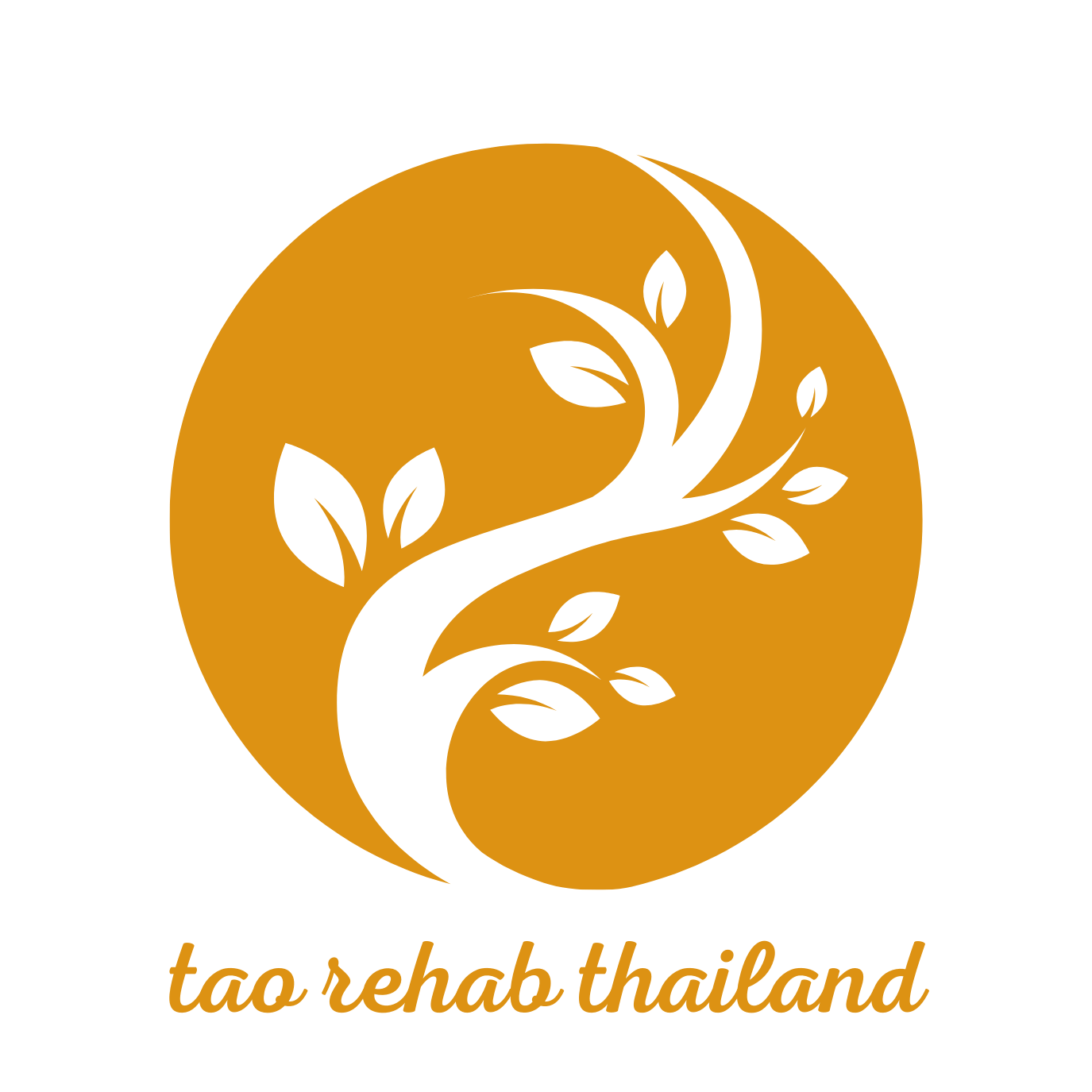
Tao rehab Residential Treatment
“Taotherapy offers an idyllic setting for recovery and relaxation. Nestled in a serene environment, our center provides a peaceful retreat for healing. With state-of-the-art therapy rooms, comfortable accommodations, and dedicated spaces for meditation and group sessions, we create an atmosphere of calm and support. Our facility also includes a tranquil garden, a library, and cozy communal areas, all designed to enhance your recovery journey and promote holistic well-being.”
The Trauma and Addiction Rehabilitation and Recovery Center is an international facility offering services to individuals worldwide affected by trauma and addictions. Therefore, we designed Tao Rehab to be a nurturing, loving, and specially adapted place for an international center. The food, prepared by a professional chef, is healthy and emotionally balancing for the patients. The yoga offered is therapeutic, and the unique meditations developed by Dr. Avraham Mizrahi are life-saving.
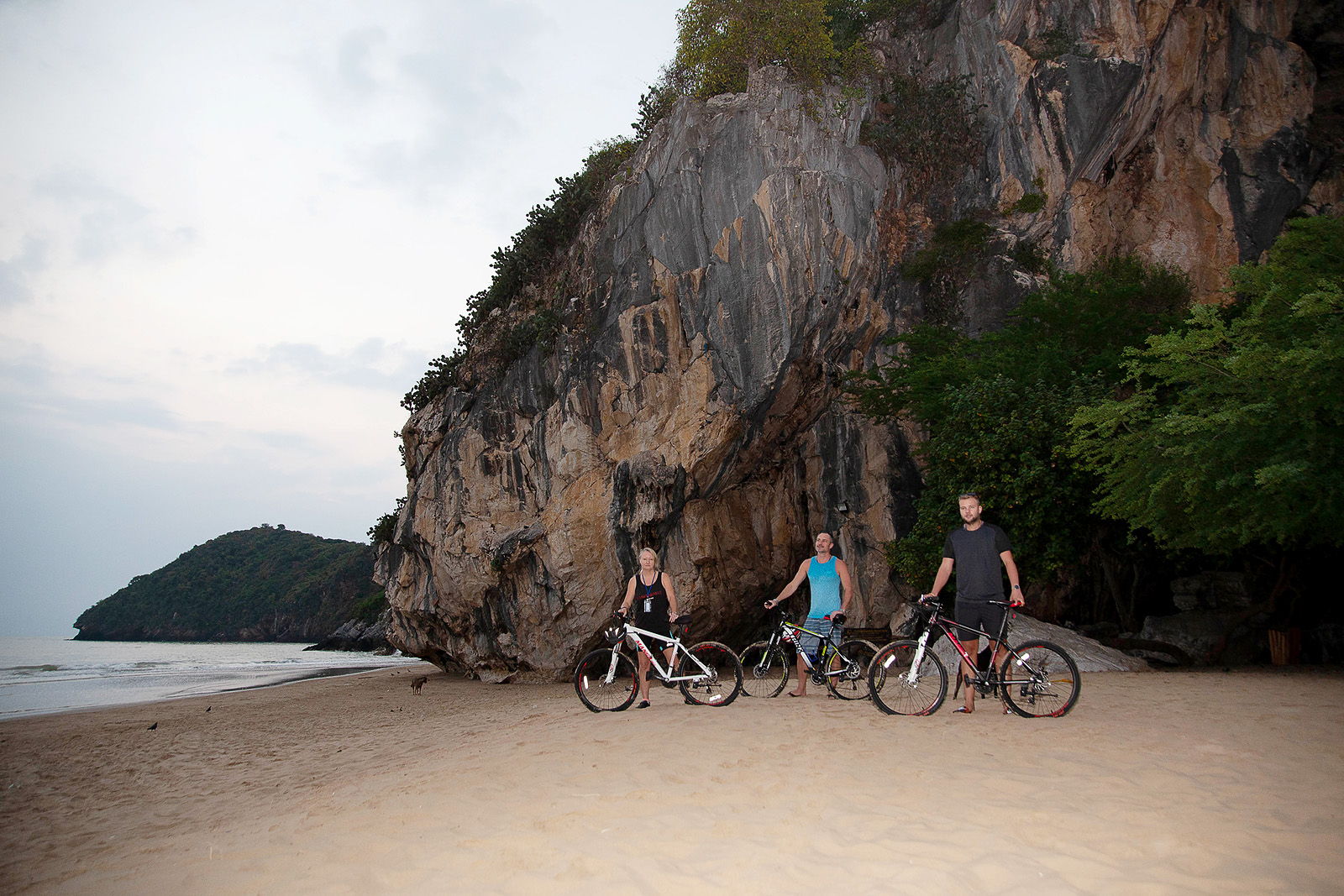
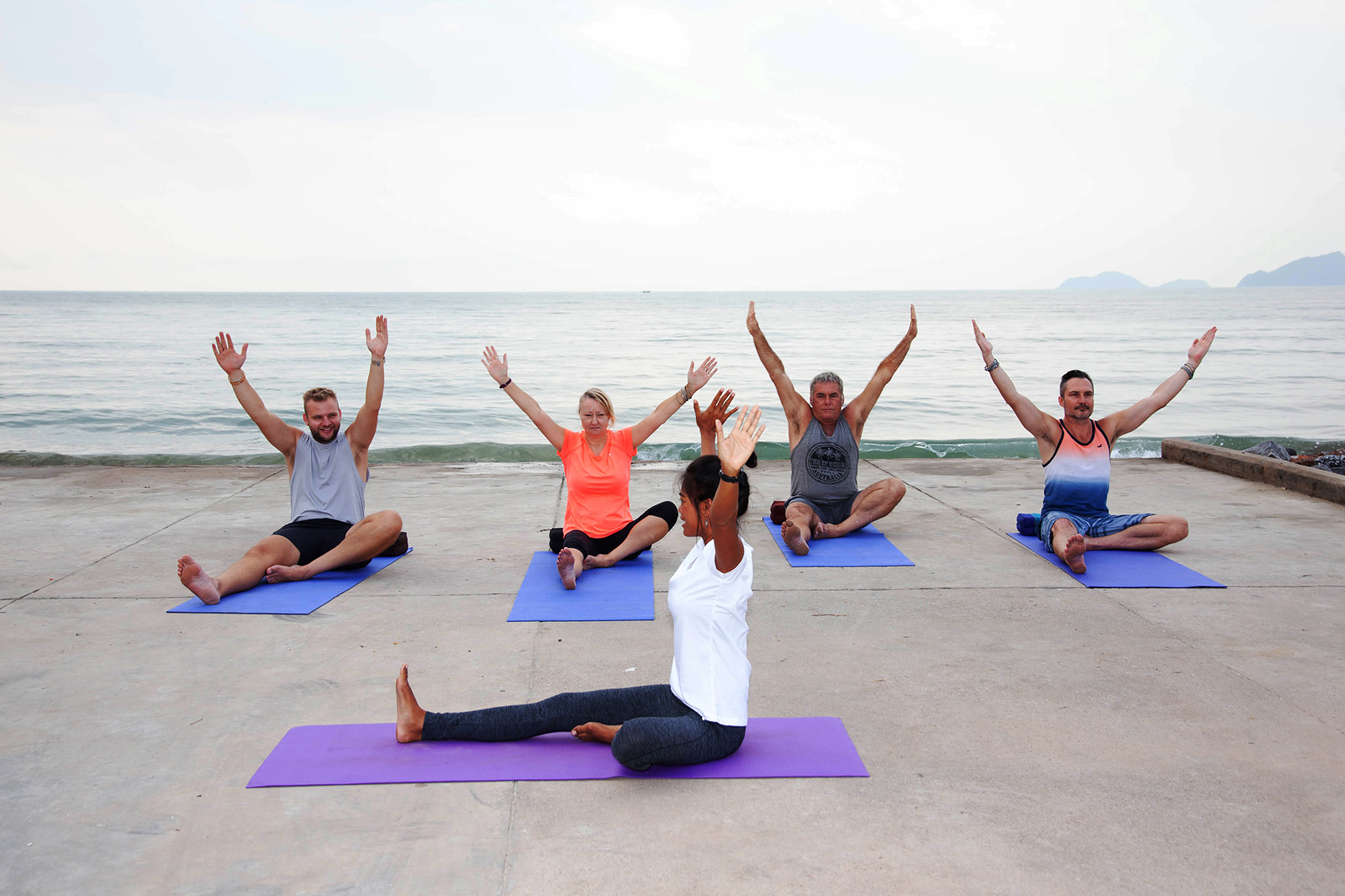
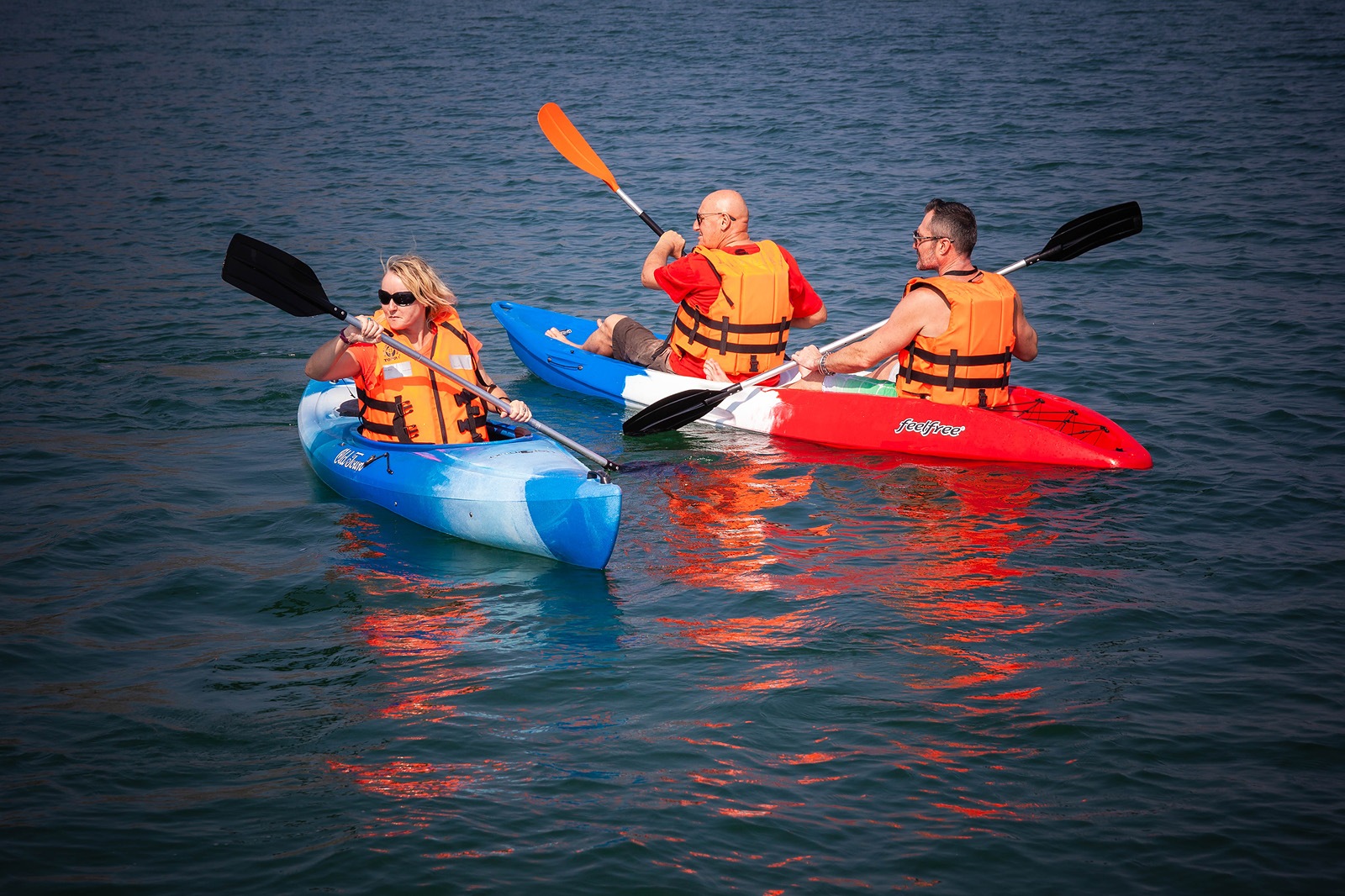


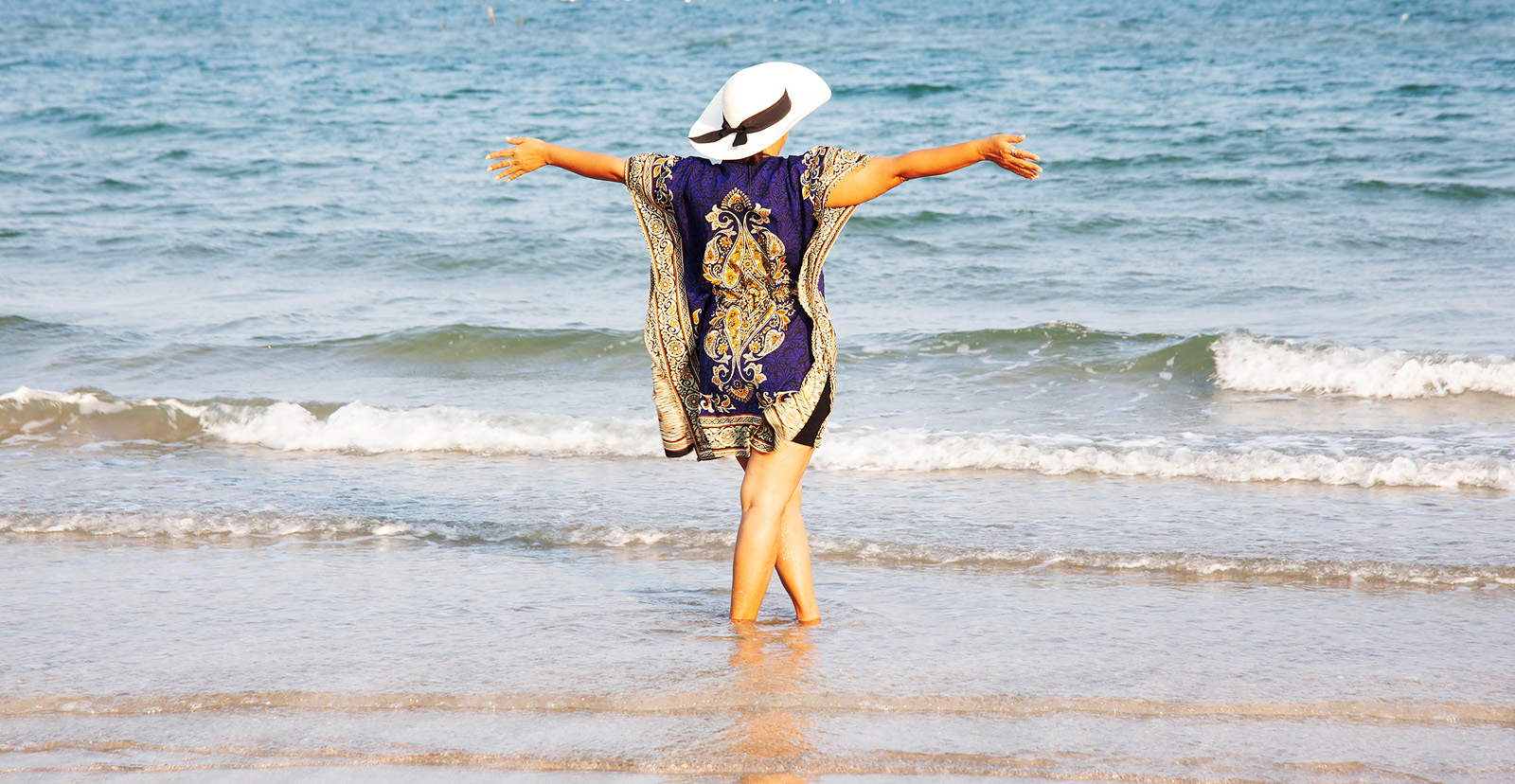
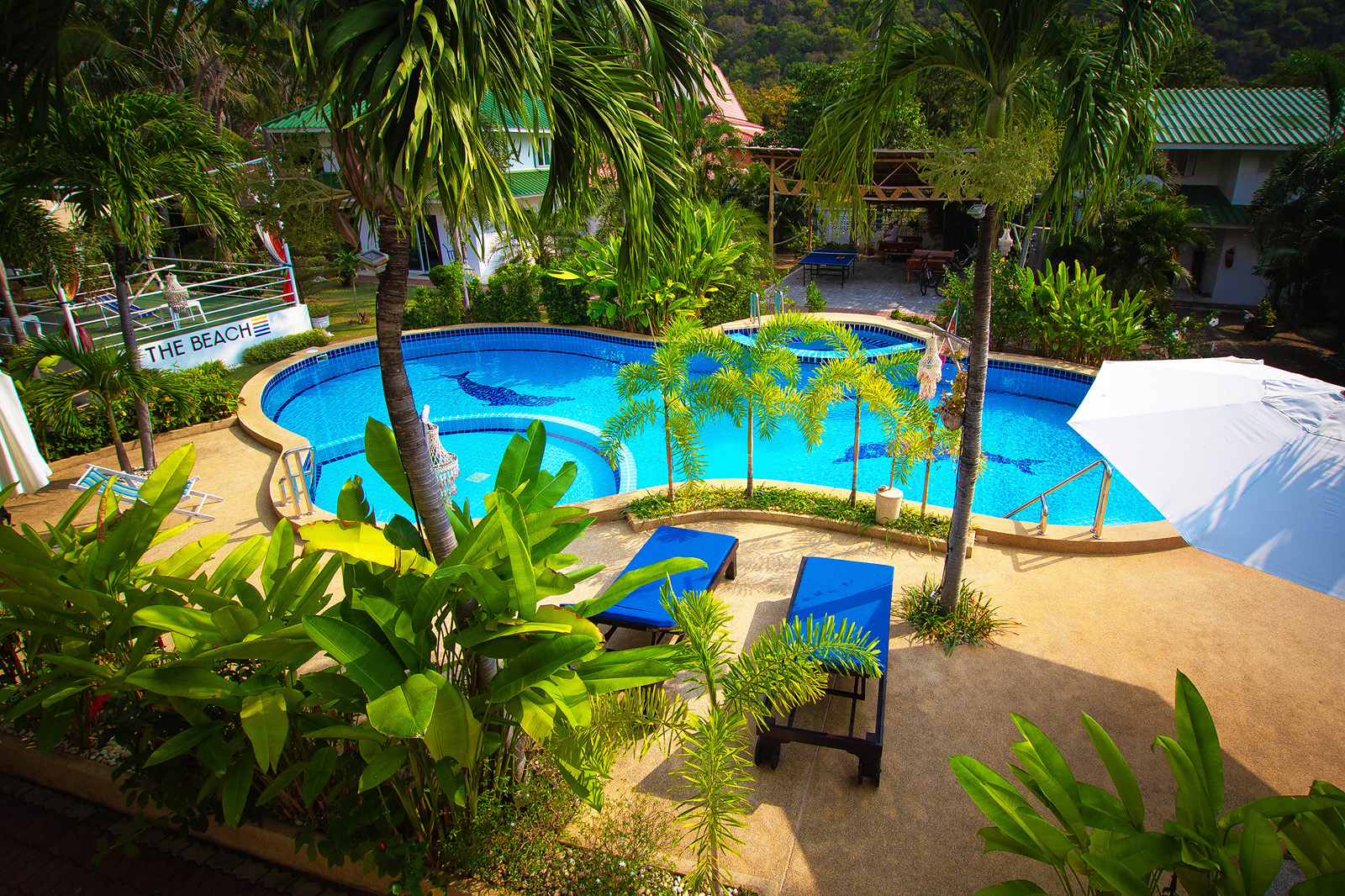
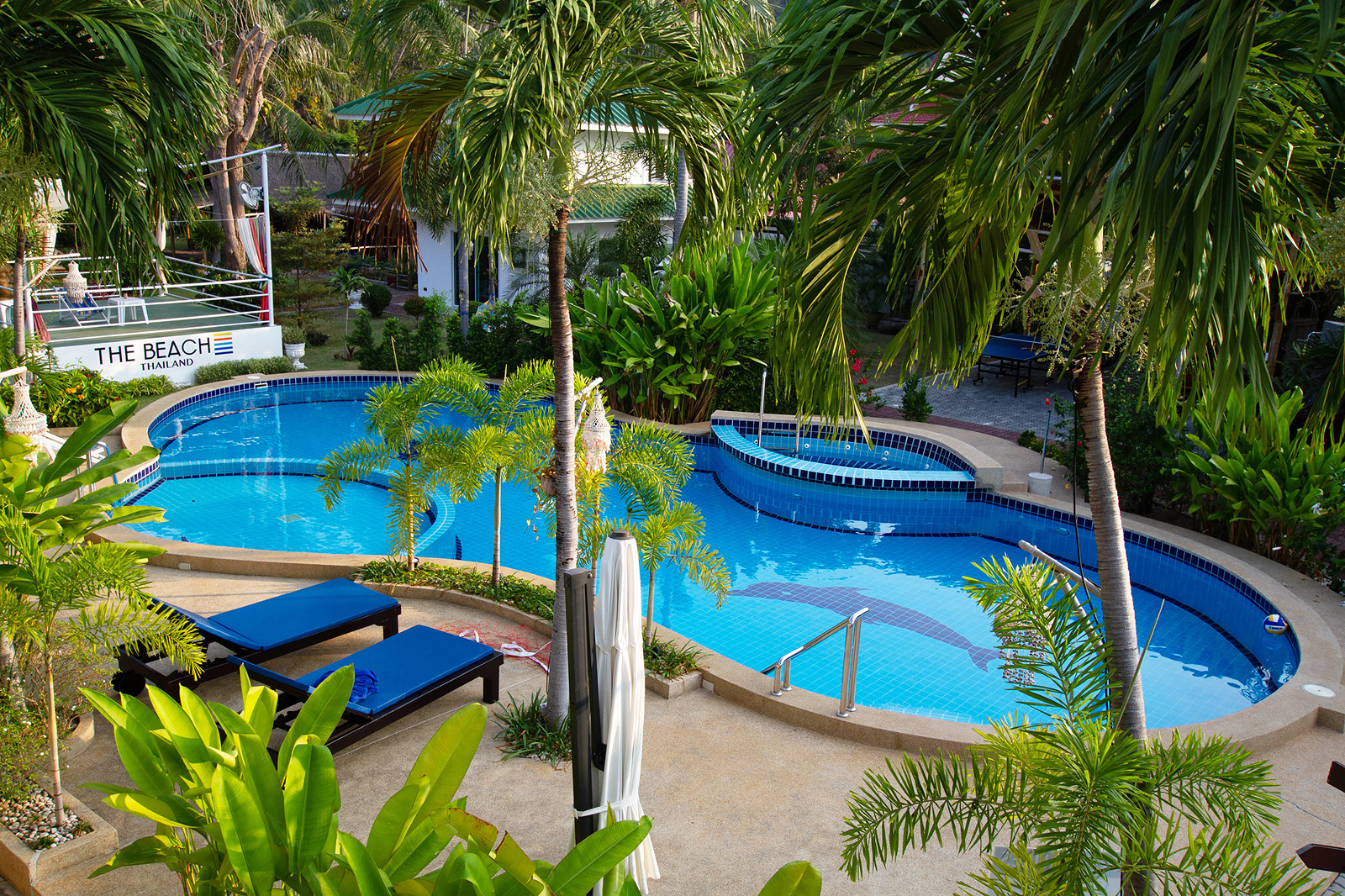

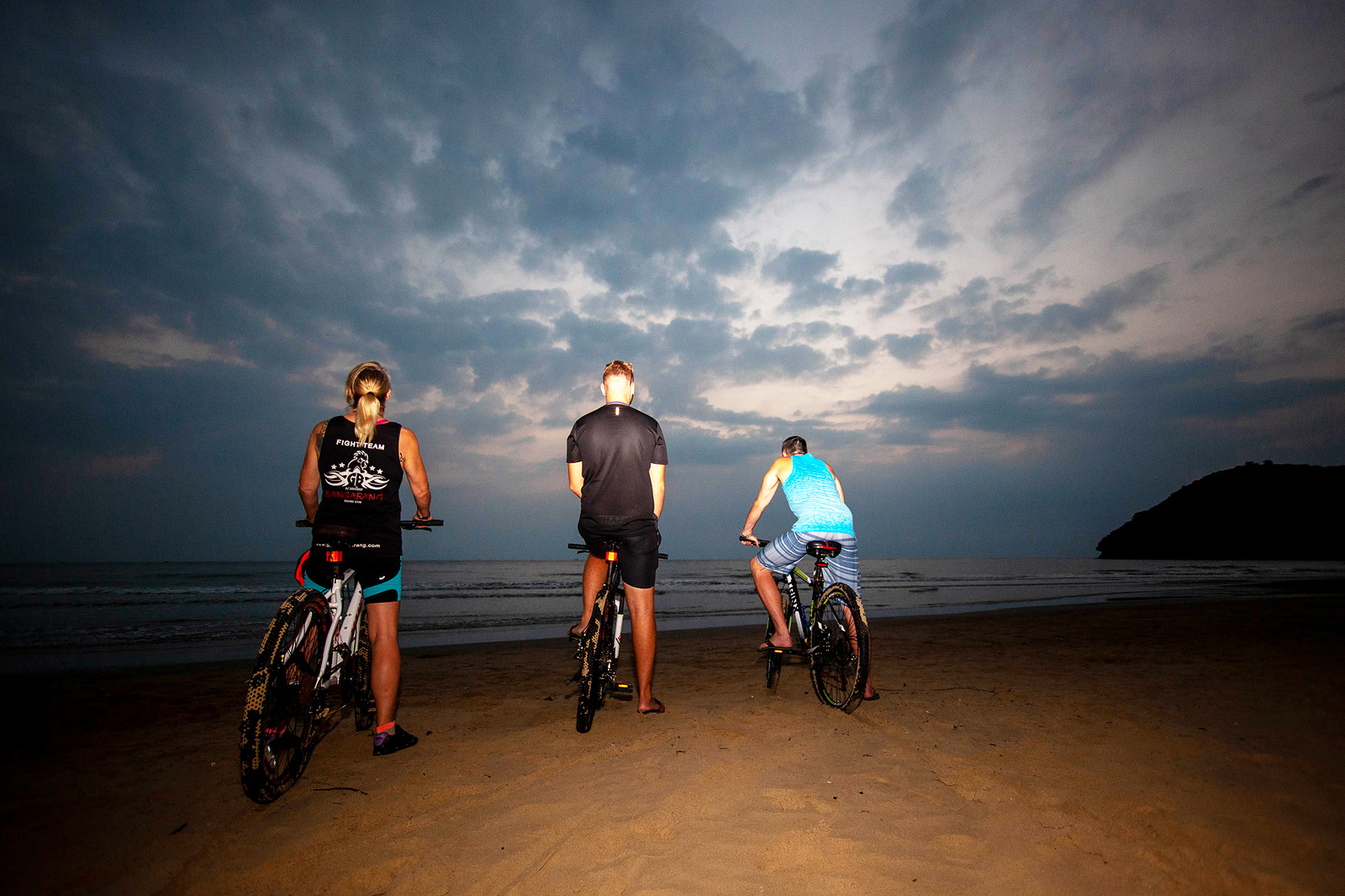
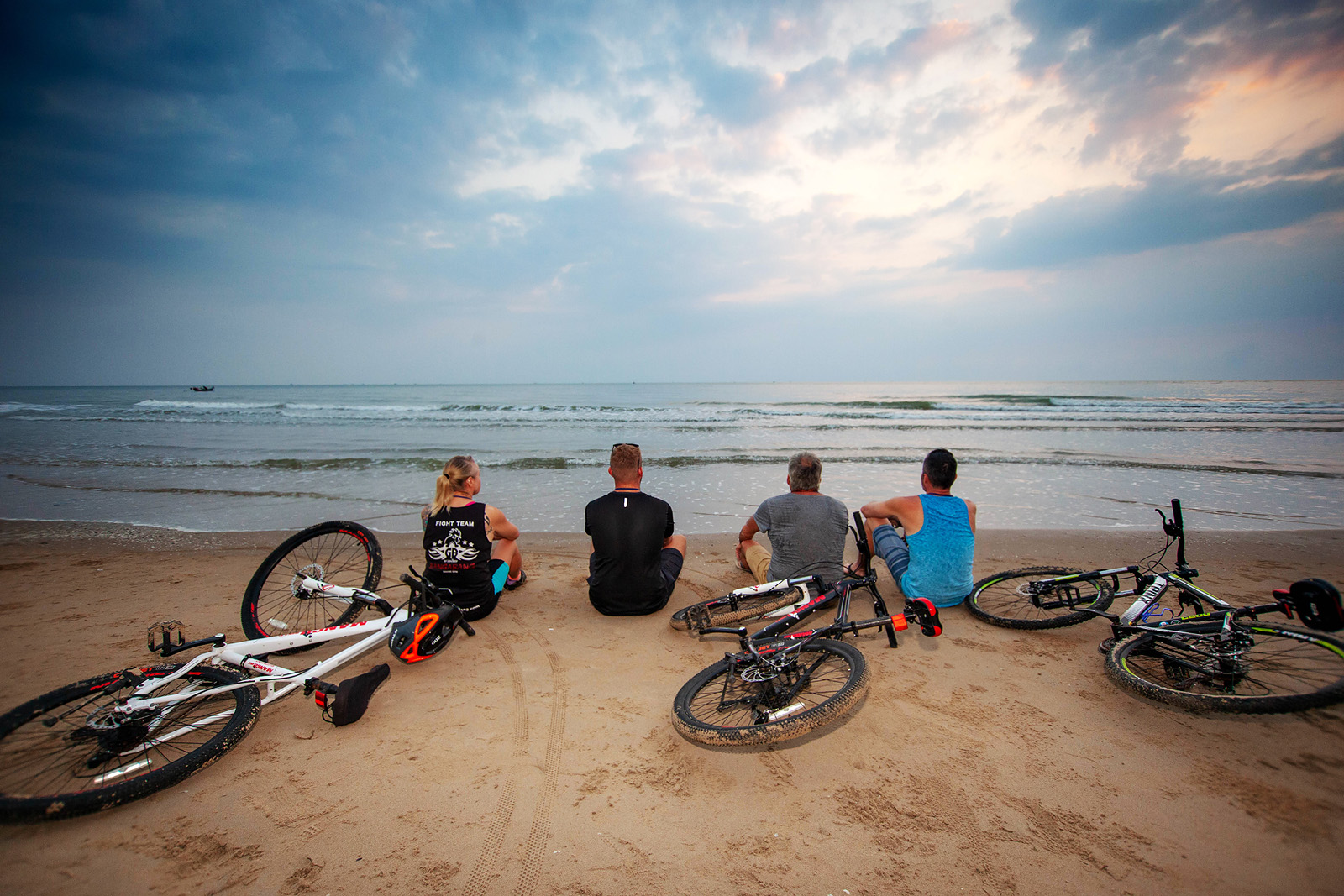
Comprehensive Treatment Programs
The rehab program and agenda are based on 33 years of experience by Dr. Mizrahi Avraham to provide a solid foundation and emphasis for a continuous recovery process
Individual Therapy Sessions
Kundalini Yoga for Trauma Recovery
Group Therapy Programs
Mindfulness and Meditation Practices
Individual Therapy Sessions:
Customized Physical Fitness
outdoor pool in tao rehab
12 steps program
The Special Meals at Dao Rehab
The healthy Thai cuisine at Dao Rehab is based on fresh and nutritious ingredients, aiding in the body’s recovery and supporting the rehabilitation process. The meals are tailored to the nutritional needs of the patients, providing essential energy and balance for recovery.
We guarantee freedom from addiction
from start to finish
Our expert team is dedicated to guiding you toward lasting wellness and peace. Experience holistic healing at Tao Rehab, where mind, body, and spirit come together.
- 30+ Years of Experience
- Experience holistic healing
- life-changing recovery journey
- personalized and compassionate care
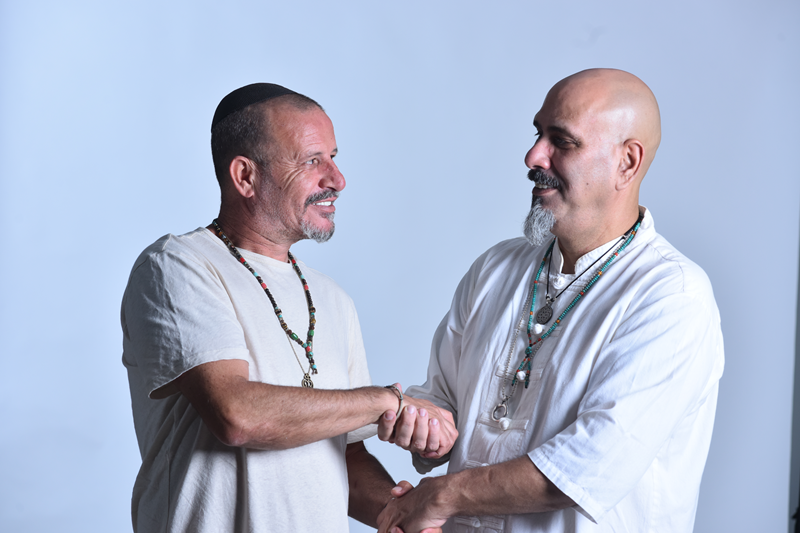
You ask, we answer
Here is a list of frequently asked questions that people might ask when they are interested in rehabilitation in general, as well as questions specifically related to the “Tao Rehab” center in Thailand:
At Tao Rehab, the rehabilitation process is holistic and tailored to each individual. We focus on treating not only the physical aspects of addiction but also the mental, emotional, and spiritual well-being. Our process includes comprehensive assessments, personalized treatment plans, and ongoing support, ensuring that each patient receives the most effective care for long-term recovery.
Tao Rehab stands out from other rehabilitation centers by offering a unique blend of traditional therapeutic approaches combined with holistic practices like meditation, yoga, and mindfulness. This integrative approach not only addresses the symptoms of addiction but also helps in healing the root causes, providing a more balanced and sustainable recovery.
Choosing Tao Rehab means choosing a center with a proven track record of success and a compassionate, experienced team. We are fully certified and adhere to the highest standards of care, ensuring that our patients receive the best possible treatment in a safe, serene environment that fosters healing and growth.
If you or a loved one is struggling with addiction and its effects on physical, mental, or emotional health, Tao Rehab offers a supportive and effective solution. We provide a safe space for individuals to confront their challenges and begin their journey toward recovery with the guidance of expert professionals.
Our treatment program at Tao Rehab includes a comprehensive range of services: medical detoxification, individual and group therapy, holistic treatments like acupuncture and massage, as well as life skills training and aftercare planning. This integrated approach ensures that patients are not only detoxed but also equipped with the tools they need to maintain sobriety.
Tao Rehab boasts a high success rate, thanks to our personalized treatment plans and continuous support even after patients leave the center. We emphasize long-term recovery, offering aftercare programs and ongoing counseling to help individuals stay on track. Many of our patients achieve lasting sobriety and lead fulfilling lives after their time with us.
While some may attempt to quit independently, the risks are significant, and the chances of relapse are high. Tao Rehab provides the structured environment, medical supervision, and psychological support necessary to make recovery more manageable and successful. Our team is here to guide you through every step, reducing the risks and increasing your chances of long-term success.
Tao Rehab is beautifully located in a serene and secluded area of pranburi Thailand, providing the perfect environment for recovery. The peaceful surroundings and natural beauty contribute to the healing process, allowing patients to focus fully on their recovery journey, away from the distractions and triggers of everyday life.
Tao Rehab offers comfortable and luxurious accommodations designed to support your recovery journey. Patients can choose between private rooms and shared spaces, all equipped with modern amenities. The environment is designed to be both therapeutic and comfortable, ensuring that patients feel at home while they focus on their healing.
Our treatment approach is comprehensive and holistic, combining evidence-based therapies with alternative practices like mindfulness and yoga. We believe in treating the whole person, not just the addiction, which is why our programs are designed to promote overall well-being and personal growth. This unique blend of therapies sets Tao Rehab apart from other centers.
The treatment program at Tao Rehab is all-inclusive, covering everything from medical detox to psychological therapy and aftercare planning. We offer individual therapy, group sessions, family counseling, and holistic treatments that address the body, mind, and spirit. Our goal is to provide a comprehensive path to recovery that addresses all aspects of addiction.
Our treatment team at Tao Rehab is made up of highly qualified professionals with extensive experience in addiction treatment and holistic therapies. They are compassionate, dedicated, and committed to helping each patient achieve lasting recovery. With a multidisciplinary approach, our team works together to provide personalized care that addresses every aspect of your well-being.
At Tao Rehab, we understand that recovery doesn’t end when you leave the center. That’s why we offer robust aftercare programs, including ongoing counseling, support groups, and regular check-ins. We also help connect patients with local resources and communities to ensure they have the support they need to maintain their sobriety long after their stay with us.
are you ready to wake up? Contact us today
“A person who suppresses his selfish desires and does what he must do, integrates in harmony on both axes: on the vertical axis – with life in its entirety and on the horizontal axis with every other individual being.”







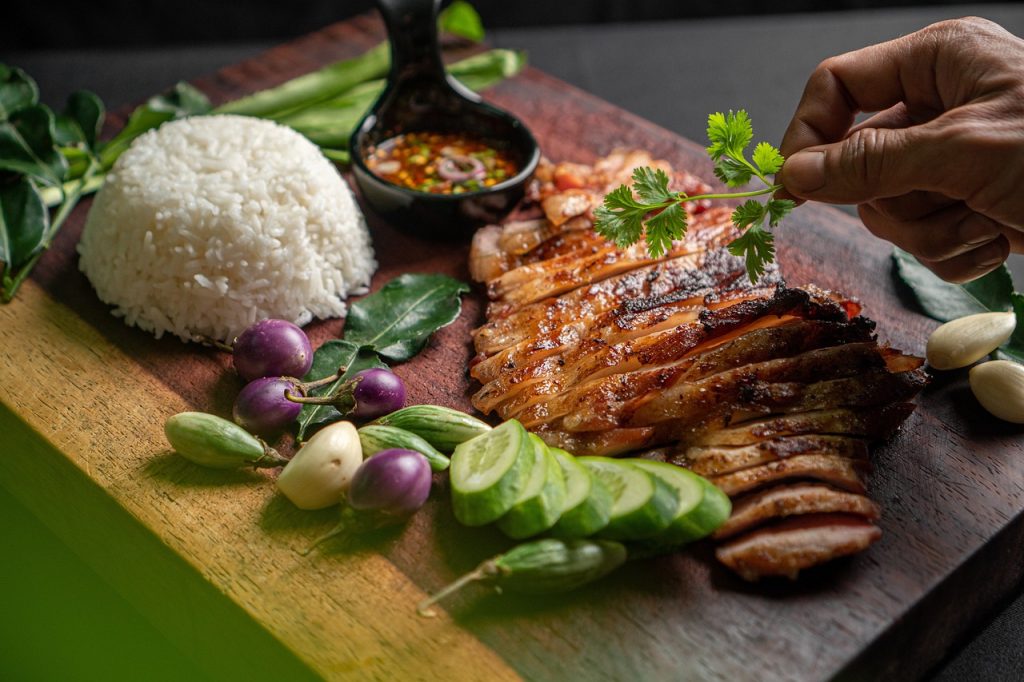


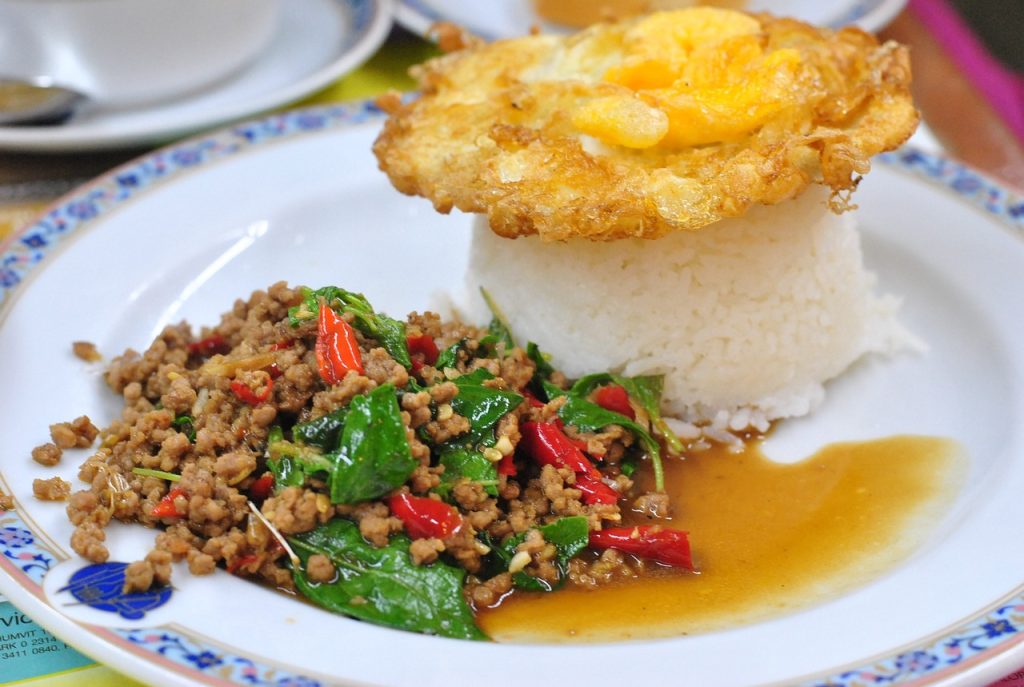
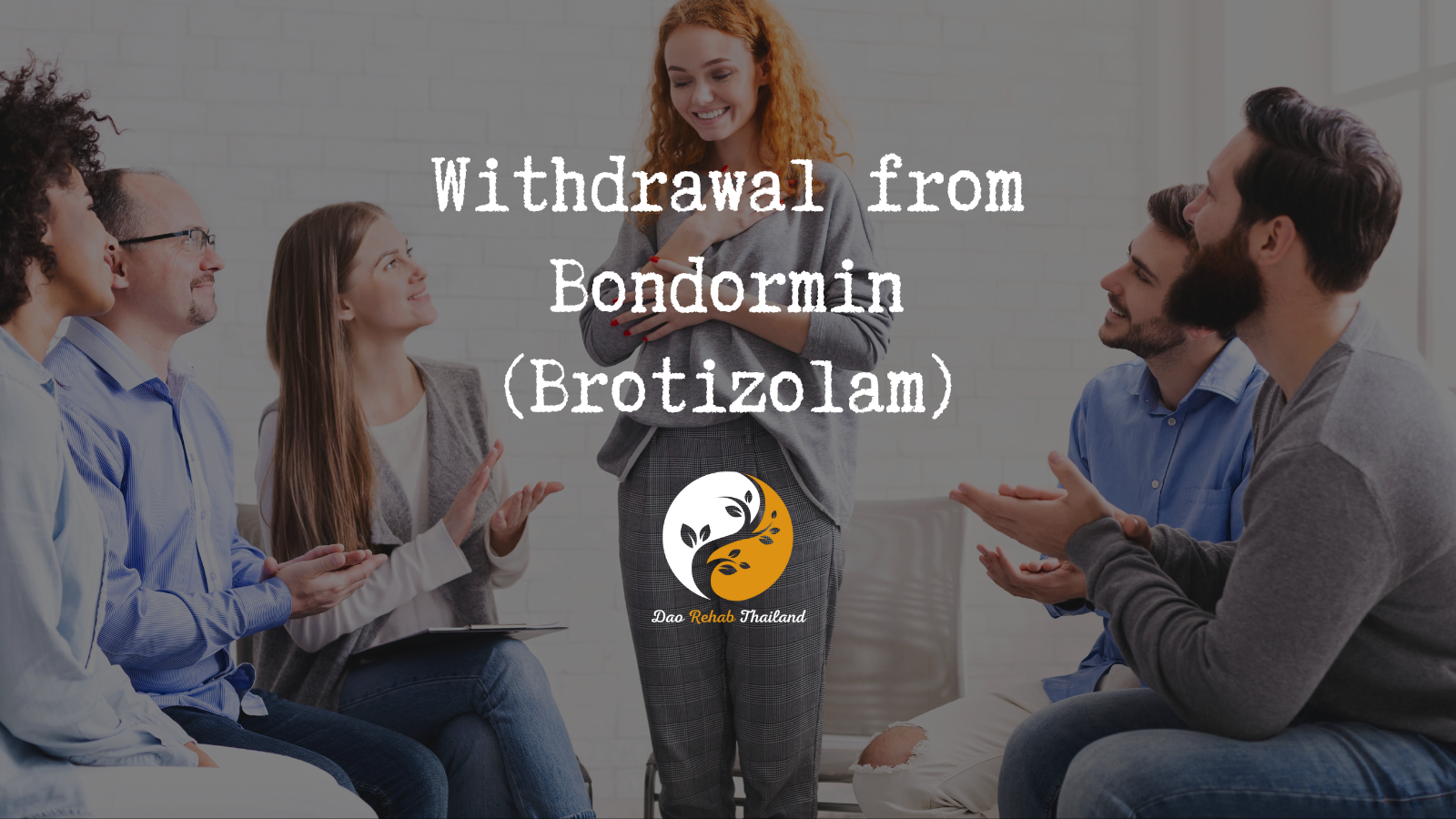
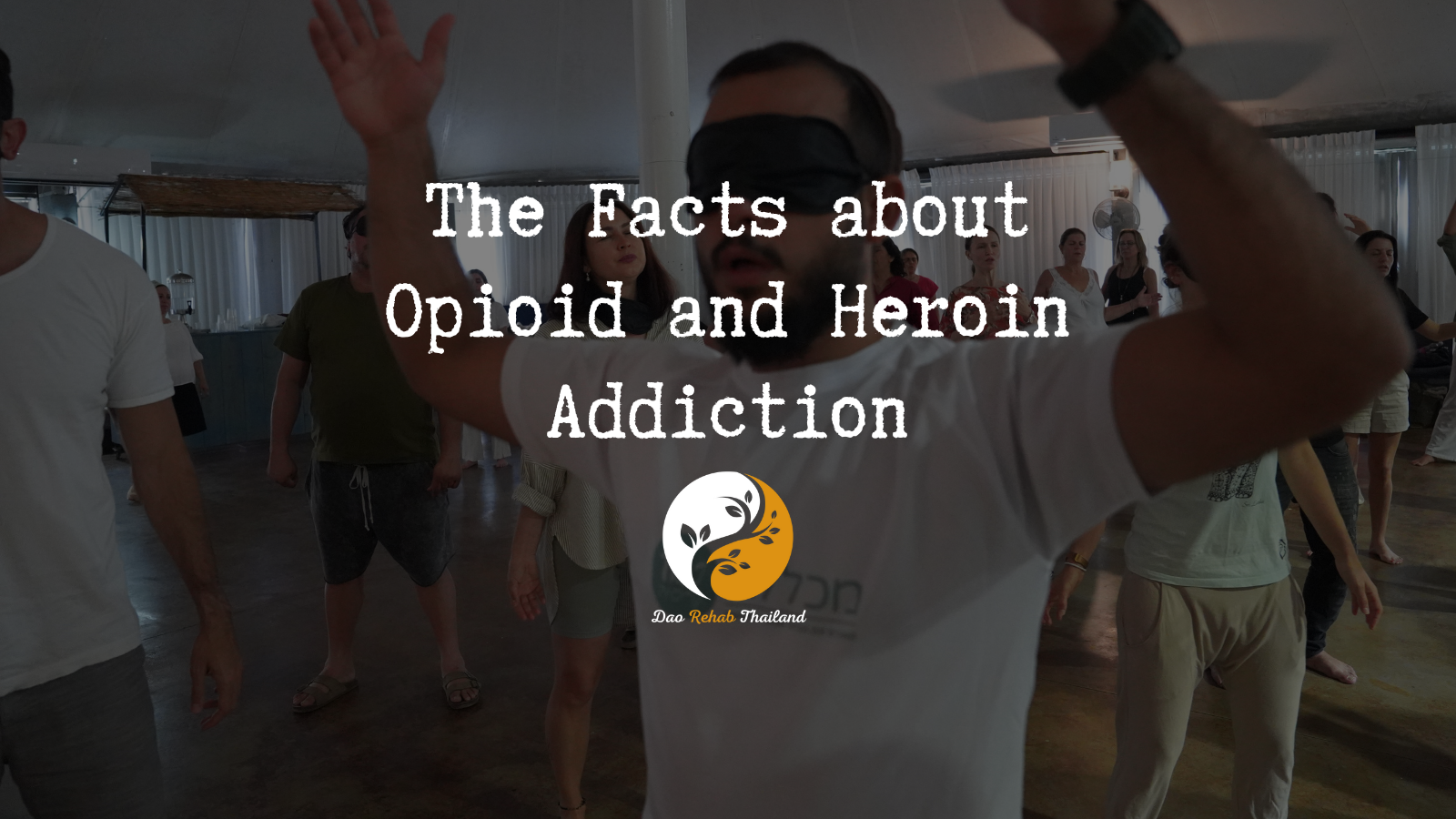
Leave a Reply
You must be logged in to post a comment.